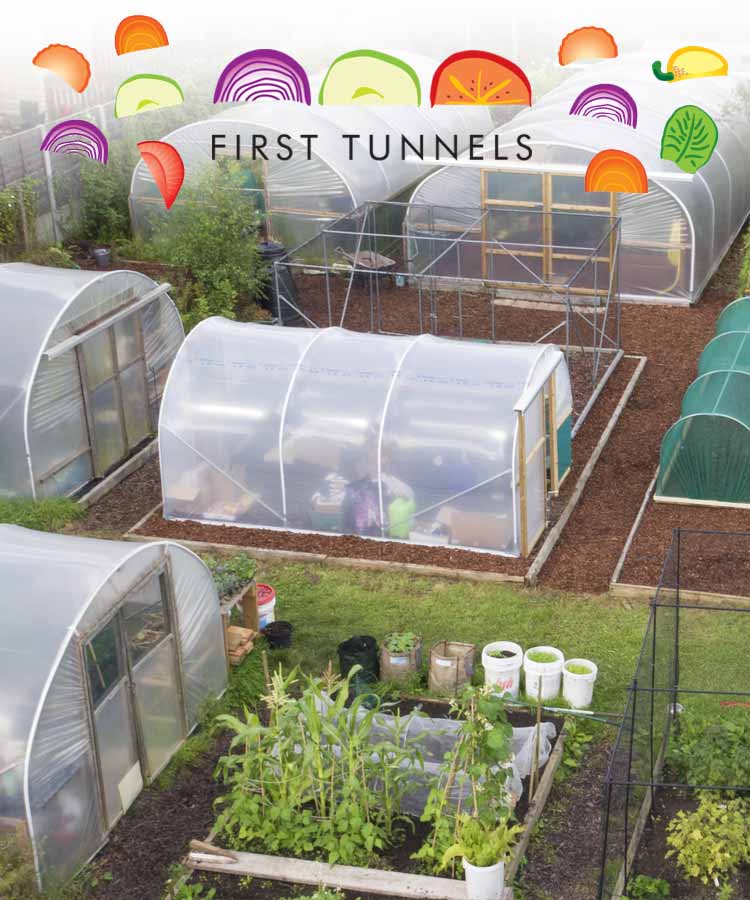Vermiculture is the process of using worms, kept in a wormery, to help you create a valuable compost for use in your polytunnel or elsewhere in your garden. The compost created by worms is sometimes known as 'black gold' – rich with worm castings and crumbly, aerated compost, it can be used to great effect in your polytunnel as a mulch or soil-amender. The rich compost is also perfect for the creation of a compost tea which can be used as a liquid plant feed for use on an organic garden.
If you would like to begin using worms to help you create this valuable resource for your polytunnel then the first thing to consider is where the worms will live. Creating a wormery is easier than you might imagine and you will find a number of tutorials and how-to guides around the Internet to help you make use of resources you may already have at your disposal to make your worms their home. If you are short on time, however, you can also buy a wormery online or from a local garden centre. You can determine how big your wormery should be by thinking about how much food waste you generate and how many people live in your home.
The worms that will live in your wormery can be ordered from a number of online suppliers. Usually, you will use a type of worms known as 'tiger worms' for this purpose. Before you order your worms, it is a good idea to have your wormery ready, and to create a home for them within it. Place a little soil and a small amount of vegetable scraps in your wormery and top with a layer of cardboard or shredded paper. Make sure that your wormery is in a location (inside or outside) that remains between around ten and twenty five degrees C and is not entirely air tight – your worms need to be able to breathe! In order to make sure worms do not drown when you add a lot of moist compostable material to your wormery, many wormeries have a tap near the base which will allow you to drain off excess fluid. (This fluid is also great as a liquid plant feed.)
Add food scraps, paper and cardboard to your wormery little and often to keep your worms fed and happy. There is more to learn about vermiculture, but as long as you keep your worms happy, they should expand their population and keep producing quality compost for many years to come.
